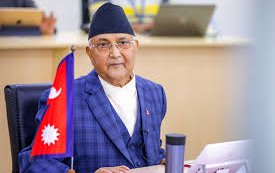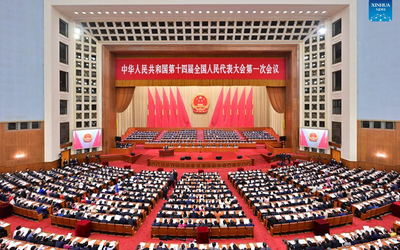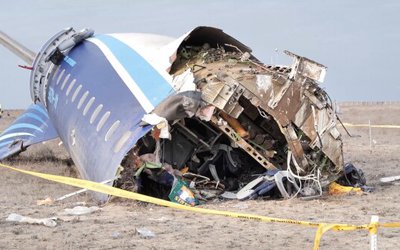Iraq’s August 2022 events were eventual since the leaders of the Iranian Backed Coordination Framework insisted that October elections lacked legitimacy. From this point on, the story hinted at – and, indeed, Iraq’s experience after 2003 would painfully illustrate – the fragility of the system and the dire consequences that can occur when political institutions and political decision-making structures fail to keep up with different violent groups and the Deep State. A State which Maliki laid its foundations.
To an extent that even those opportunist leaders who tried to play a middle role will not be able to convince the masses anymore. Early elections are almost impossible after the recent developments and any re-election as a solution to end the crisis will create another troubling escalation. Formal democratic structures and regular election cycles may be neither necessary nor sufficient to advance or guarantee our freedoms and rights given the low voter turnout. Without reforming State priorities, political exigencies, and the larger political scene we are heading down into a dark abyss with no end in sight.
Al-Kathemi’s government was part of the problem and agreed to fuel the Deep State’s aspirations and ignite the fire of conflict between different political fractions and hoped to gain protection from the moment regional and international intelligence services agreed, which presented Al-Kathemi as an ally acceptable to all, and capable of implementing their agendas. His government, unfortunately has proved its inability to maintain stability and prevent conflict, as the role of the caretaker government collapsed in front of the influence of the fractions, which proved once again that they are stronger than the State, the army and the crowds.
Different scenarios are on the cards: The first is the international solution for the United Nations to announce the end of the political system in Iraq and thus place the country under international administration until the formation of a transitional government whose mission is to rewrite the constitution and hold general elections.
The second is for the political leaders to announce the government collapse and to pledge to disband the armed organizations affiliated with them, hand over all weapons under the supervision of the United Nations, and sign an agreement under UN supervision in preparation for the formation of an interim government that will supervise the reform of the constitution.
Either ways, the consequences will be far more serious than anyone could have thought and the severity might outweigh the Afghan crises. As the notable decline in the diversity of expression in the political party affiliations continues, tomorrow gives so much to ponder on where are we headed and whether or not we hit a new rock-bottom.
Muqtada’s own motives are not so clear and continuously changing. A mix of strategic moves that date back to the Tishreen moves and abandoning politics all at once yesterday. This attempt is repeatedly the seventh. As the struggle for power continues, ordinary people’s thoughts keep floating around with no clear answer to the extent that the vast majority of Iraqis are imagining that Saddam’s Iraq was stable. This underlines the notion set in post 2003 Iraq have had many limitations in pursuit of equalizing agendas and that all governments, following the Ba’thi State, just like them, were so powerful that they were largely independent of society.
- Iraqi Upcoming October Elections: Anticipating Results
- Sep 30, 2021
- The Life Of Iraq's Yazidi Community
- Aug 31, 2021
- Foreign Aid and Politics: A 21st Century Partnership
- Jul 10, 2021















